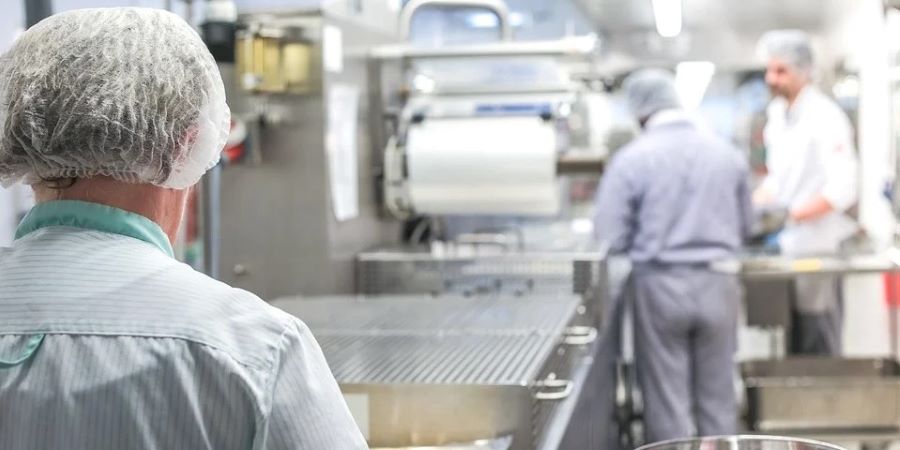According to analysis from Bloomberg Intelligence (BI), European packaged foods industry salaries (historically 20% of total costs) may need to rise again in 2023, with a hike of 5% in BI’s scenario analysis adding about 1% to the total bill and squeezing margin.
Duncan Fox, senior industry analyst for Consumer Products at Bloomberg Intelligence, commented: “Companies traditionally absorbed wage hikes and offset them via productivity gains, so added cost pressures need to be passed on to customers over time. Capital spending on productivity may be upped to alleviate costs, but will take time to achieve results. Average industry wages are competitive, but with unemployment at or below pre-pandemic 2019 lows, they rose more than 10% in 2022 to ensure staff retention.
“Givaudan is the only company not to have raised average wages meaningfully in 2022, which must be addressed in 2023 in light of tight labour markets. Losing expensive scientists to rivals could stymie sales growth.”
Keeping wages under control is key to margin
European packaged-food makers usually absorb wage-cost hikes via productivity, but should salaries need to be increased 5% (or more) to maintain staffing ratios, margin may again come under pressure if pricing includes wages in negotiations. Pricing is being more regularly discussed with clients, but there could be some resistance to further hikes now that soft commodity costs are stabilizing. A 5% rise in wages would add over 100 bps to wage-to-sales ratios, or 1% to total costs, all other things being equal.
Specialist food-ingredient companies’ wages as a percentage of sales – including those of Givaudan and Chr. Hansen – make up 20-35% of total costs, due to the scientists that make their product offerings special. Other companies’ wages (such as those of Nestle and Danone) comprise about 20% of aggregate costs.
Labour shortages may push salaries higher
Ensuring that shelves are fully stocked – particularly given recent supply-chain issues – is vital for European packaged-foods companies to keep boosting prices to offset rising input costs in 2023. This may necessitate paying higher wages, given unemployment rates in Europe are back to pre-pandemic levels and companies are reportedly struggling to hire staff. A 5% increase in wages could add about 1% to total costs, though exceptional service may help get this accepted.
BI said companies such as Nestlé, have to decide whether to hedge their soft-commodity exposure which rolls over in early 2023, given some prices may have doubled. This will probably necessitate prices being hiked further – despite successful raises of about 9% in 2022 – given energy and wage costs may add further pressure. Margin may therefore contract again.
Wages increased in 2022, but may rise further
In local-currency terms, just Givaudan’s personnel costs were lower in 2022, with average wages elsewhere up by over 10%, if excluding acquisitions and divestitures. Keeping staff happy during a challenging hiring period was difficult, so salaries had to rise, especially as the cost-of-living crisis became evident during the later part the year. Yet given tight employment markets and “sticky” inflation, further wage hikes may be required in 2023. Givaudan stands out, despite its high wages per employee, and could end up losing experienced scientists if it doesn’t offer decent pay increases this year. Wages per employee have fallen at Nomad Foods after acquiring assets in Eastern Europe and adding over 2,000 employees. Sharp increases in salaries at Glanbia and Kerry Group were due to the sale of lower-margin assets in 2022.
Additional capital spending may be required
Fox added: “About 20 years ago, European packaged-foods companies embraced new manufacturing techniques, which may explain why capital spending-to-depreciation is at a maintainable level. Yet if wages continue to increase markedly, food manufacturers may mechanize production, packing and distribution processes to curb labour costs. It takes time for capital spending to improve efficiency, so any such move would present short-term production challenges. Therefore, management teams are only likely to commit to additional outlays if they’re convinced wages will keep rising for several years.”
Companies such as Nestlé and Danone have continued to invest in their asset bases, given food safety is paramount for any packaged-foods provider. Others have expanded into new geographies via M&A, potentially reducing the need for further investment.









